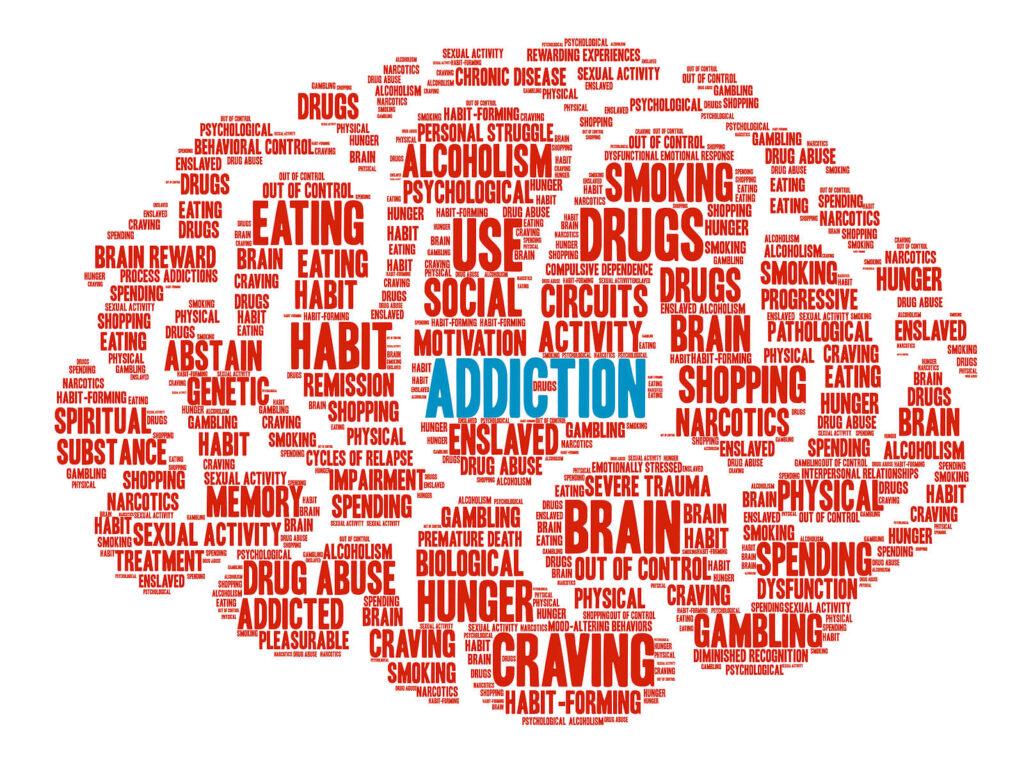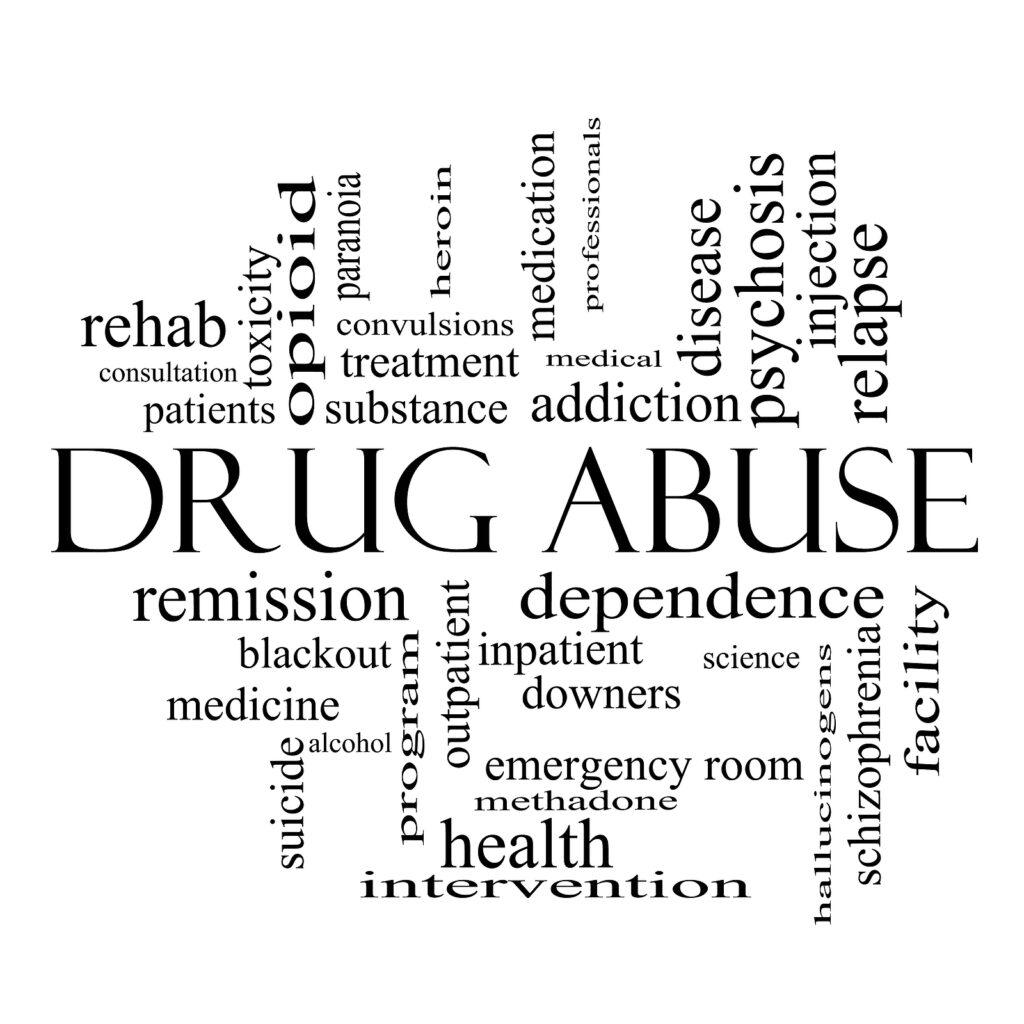Addiction and Alcoholism Relapse Management
Managing Relapses While in Alcohol and Addiction Recovery

Addiction recovery from substances including alcohol is a journey filled with ups and downs. It’s important to recognize that relapses can occur and should be viewed as opportunities for growth rather than setbacks. In this blog post, we will explore effective strategies for managing relapses while in addiction recovery. By implementing these strategies, individuals can navigate through challenging times with resilience and continue their path to long-term recovery.
Understanding Relapses Often Occur on Road to Recovery
- Relapses are common occurrences during addiction recovery and should not be seen as personal failures.
- Relapses can happen due to various triggers, such as stress, environmental factors, emotional turmoil, or underlying mental health issues.
- Recognizing the signs and symptoms of an impending relapse is crucial for taking proactive measures.
Build a Strong Support System and Utilize Coping Mechanisms
- Surround yourself with a supportive network of friends, family, and professionals who understand and encourage your recovery journey.
- Attend support group meetings, such as Alcoholics Anonymous (AA) or Narcotics Anonymous (NA), to connect with others facing similar challenges.
- Reach out to a sponsor or mentor who can provide guidance and accountability during difficult times.
- Develop healthy coping mechanisms to manage stress and triggers. Engage in activities that promote relaxation, such as meditation, deep breathing exercises, yoga, or journaling.
- Find alternative outlets for negative emotions, such as engaging in hobbies, art, or physical exercise.
- Create a relapse prevention plan with strategies tailored to your specific triggers and challenges.
Learn from Relapses and Practice Self Care

- Approach relapses as learning experiences rather than failures. Reflect on what triggered the relapse and identify strategies to avoid similar situations in the future.
- Use relapses as an opportunity to reassess and strengthen your commitment to recovery.
- Adjust your recovery plan if necessary, incorporating new insights and strategies gained from the relapse.
- Prioritize self-care activities that promote physical, emotional, and mental well-being. Get enough sleep, eat a balanced diet, and exercise regularly.
- Engage in activities that bring you joy and fulfillment. Find healthy outlets for self-expression and self-nurturing.
- Practice self-compassion and forgive yourself for past mistakes. Remember that recovery is a lifelong process, and setbacks are part of the journey.
Seek the Best Addiction Treatment Professional Help
- Consult with an Addiction Psychiatrist who specializes in addiction recovery to address underlying issues that may contribute to relapse.
- Consider attending an intensive outpatient program or seeking inpatient treatment if the risk of relapse is high or previous attempts at recovery have been unsuccessful.
- Explore medication-assisted treatment options such as methadone or Suboxone (buprenorphine/naloxone) for individuals recovering from opioid addiction.
- Explore medication-assisted treatment options such as naltrexone, acamprosate or Vivitrol for individuals recovering from alcoholism and alcohol addiction.

Relapses are a common occurrence in addiction recovery, but they don’t have to derail your progress. By understanding the nature of relapses, building a strong support system, utilizing coping mechanisms, seeking professional help, and learning from relapses, individuals can effectively manage setbacks and continue on their path to long-term recovery. Remember, recovery is a journey, and each step forward is a testament to your strength and resilience. Stay committed, seek support when needed, and never lose hope. You have the power to overcome any obstacle and live a life free from addiction.
Begin Working With An Addiction Psychiatrist in New York, NY
Recovery isn’t a linear process. As an addiction psychiatrist in NYC, Manhattan, I understand that it can be difficult to navigate relapse. I would be happy to offer support as you work through your addiction recovery. You can start your therapy journey from my NYC, Manhattan-based practice by following these simple steps:
- Contact Stephen Gilman, MD
- Learn more about me and my approach to addiction treatment
- Start overcoming relapse!
Other Services Offered with Stephen Gilman, MD – Addiction Psychiatrist in NYC, Manhattan
I know that clients may experience more than one mental health concern at a time. This is why I’m happy to provide a variety of mental health services in support of addiction treatment. Services offered include treatment for alcohol addiction, young adult psychiatry, and adult psychiatry. I’m also happy to offer prescription drug addiction treatment, cocaine addiction, meth addiction treatment, behavioral addiction treatment, PTSD treatment, drug addiction treatment, and marijuana addiction treatment. Learn more about me or visit my blog for more helpful info.




Trackbacks & Pingbacks
[…] recovery is an ongoing process, and even those in a peer support role may suffer a relapse or setback. This can be extremely triggering for individuals still in the early stages of recovery […]
[…] treatment (living at the facility). Cocaine treatment may also involve behavioral therapies such as relapse prevention or motivational interviewing. Medications may also be prescribed as part of your cocaine addiction […]
[…] people believe that you have to hit rock bottom before you can recover. Others believe that you can’t recover unless you go to Alcoholics Anonymous. Neither of these things is true! You can recover from […]
[…] usually go through periods where they stop taking the drug to keep up with school work, but then relapse back into stimulant use when they feel stressed or pressured. Studies have found that people with […]
[…] experience for those living with it. Trying to navigate triggers and cravings that can lead to relapse can seem like an uphill battle. But, there are successful and effective ways to handle and control […]
[…] the recovery process, including potential challenges, setbacks, and […]
Comments are closed.